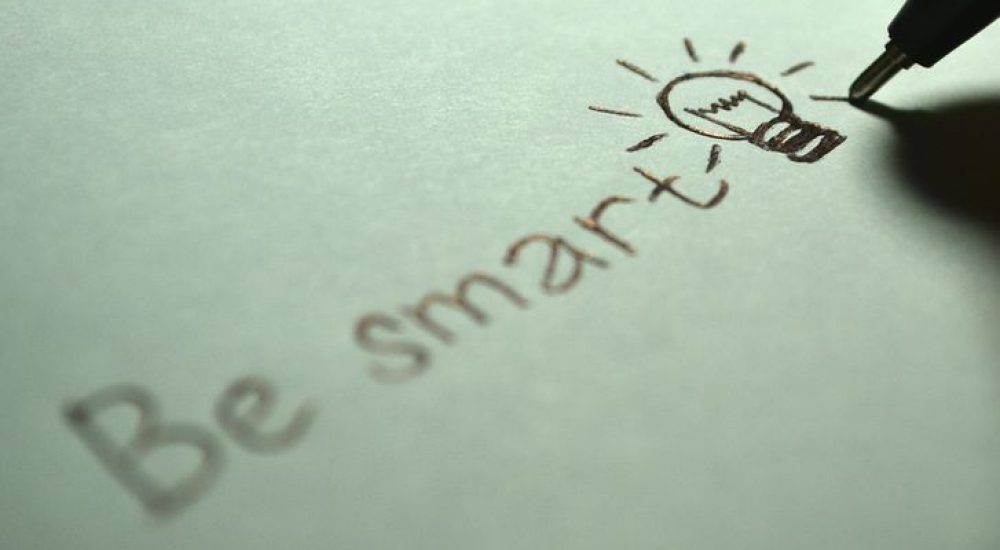The favorite part of my job is getting out of the office to visit after-school programs.
I see that kids really do like science and engineering when given the chance to jump into hands-on projects and explore questions that interest them. What has surprised me is seeing the difference in how kids approach challenges in after-school programs. Engineering design challenges can be a great way for kids to experience the practices that scientists and engineers engage in. They start with a real world problem and allow kids to work out the solution without step-by-step directions. They promote testing and redesigning at least once, if not more times.
I have been amazed to see kids hunker down and stay focused for however long it takes to get their design to work. I recently saw a girl scrap an idea and start all over again, and while I experienced some remorse watching her redo all the work she had put into her project, she seems satisfied with the process and worked until she succeeded. I’ve seen other kids quickly give up in defeat. They explain they didn’t like the activity, or try to bend the rules to get by without doing the work required to really succeed. I hadn’t understood why kids differ so much in their involvement in the same project, but now wonder if it’s how they view their ability and approach learning.
I had the opportunity to hear Carol Dweck talk about her research on growth mindset at the National Council for Women and Information Technology (NCWIT) Summit.
She shared how our mindset affects our approach to learning. With a fixed mindset, we want to look smart at all costs. With a growth mindset, we want to learn at all costs. Our mindset affects how we experience and interpret effort. With a fixed mindset, you expect success to come naturally, so having to expend a lot of effort makes you feel stupid. In contrast, a growth mindset helps you understand that effort is necessary and failure just means that more work is needed. How might this play out for kids involved in STEM after-school programs? Those kids I observed who gave up on design challenges in the face of setbacks might have been afraid of not looking smart. Kids with a fixed mindset hide deficiencies, blame someone else for their failures or just give up. Going back to engineering design challenges, it’s kids with a growth mindset who are prepared to do the work to get their work right.
So where do our mindsets come from?
The kinds of praise and attention we received early on can affect how we regard intelligence and respond to challenges. The good news is that it’s possible to change one’s mindset. Sharing this information with kids is an important first step towards supporting their growth mindset. Imagine that you had heard, “You can grow your intelligence” when you struggled in algebra class, bombed a high-stakes test, or got rejected from the college of your first choice? How might things have turned out differently for you?
Let’s monitor the messages we send kids.
Haven’t all of us tried to help and said something like, “That’s really good. You’re so smart at this.” We thought we were bolstering the confidence of a student who could use support. Feedback like this might come easily, but we want to step back and reconsider how praise can sometimes backfire. Here are some suggestions from Dweck that you might offer next time kids are working on a science experiment or trying a new technology in an after-school program.
“Let’s do something we can learn from.”
“Let’s try something fun, hard, and challenging.”
“The more you practice the smarter you become.”
It’s especially important to consider the messages we send girls.
In the areas of STEM, girls are more likely to be impacted by how confident they feel about the subject matter. Dweck’s work reveals that girls avoid subjects like math that they think they might fail. Focus feedback on the process. Also, encourage girls to work on projects that let them experience challenges in small doses. For additional ideas on how to encourage girls, check out Giving Good Praise to Girls.
I have a confession to make. I think I have a split mindset—a growth mindset when it comes to others, and a fixed mindset when it comes to me.
I’m trying to move into recovery and practice the steps to embrace challenges and celebrate failure. I know I will be a better Executive Director by recognizing the effort of myself and staff, leaning into challenges, and welcoming failure in small doses. Failure doesn’t mean I’m an imposter, just that I’m learning and need practice to master new skills. I am working with my team to bring the message into our staff development and planning for next year’s after-school programs.
I encourage you to read Mindset. The New Psychology of Success by Carol Dweck and find ways to bring her research to your work with kids and staff.
For my breakfast, I’m having leftovers from my favorite Thai restaurant in Oakland. Curry is a great way to start the day.
Author: Linda Kekelis
